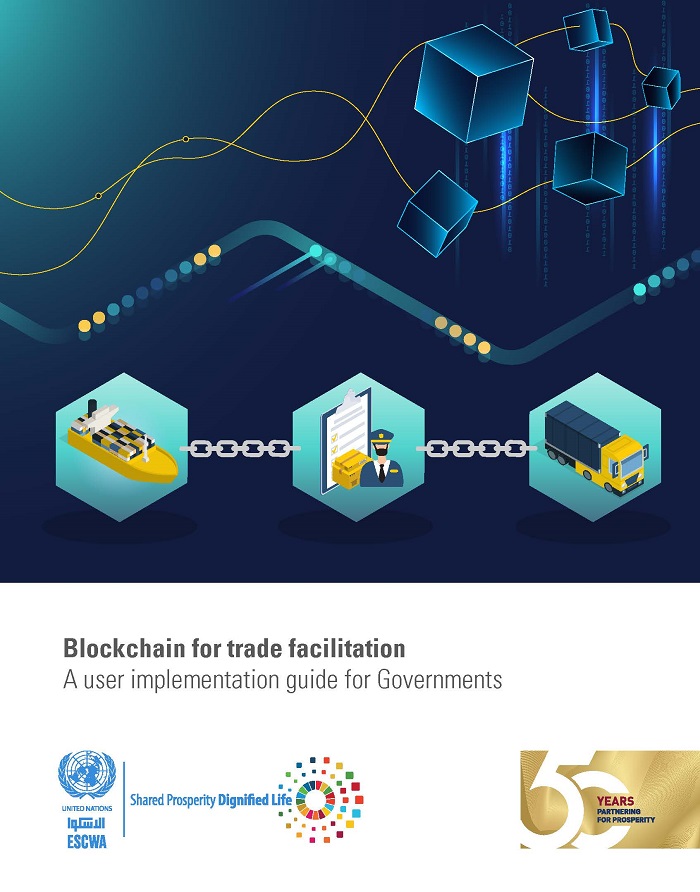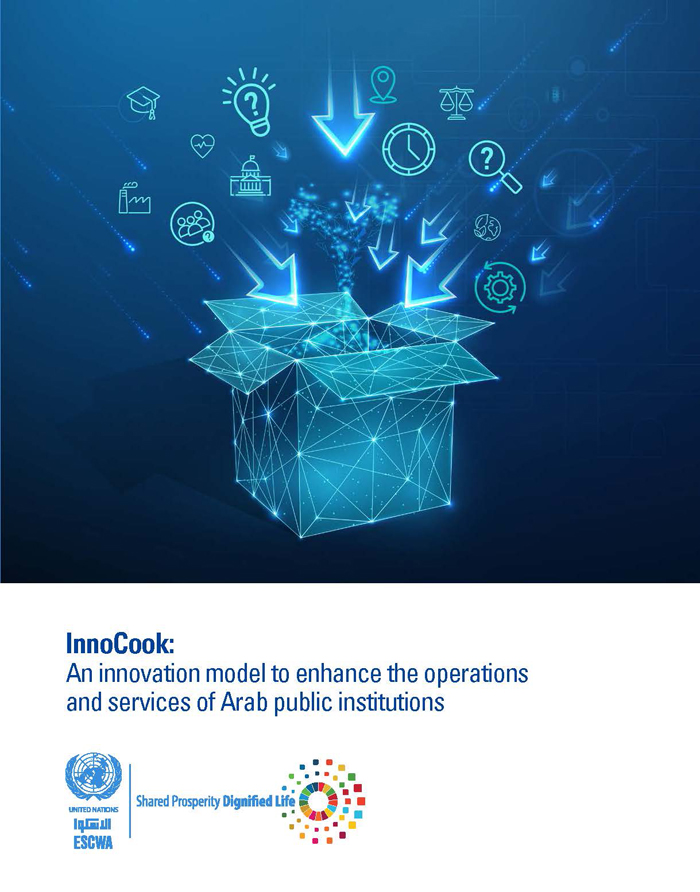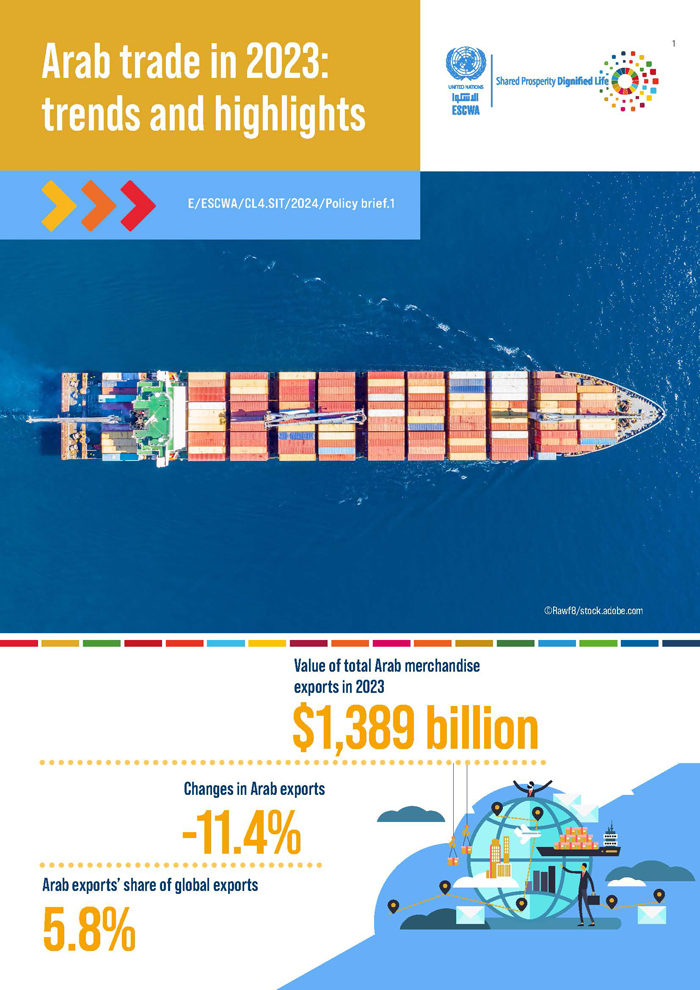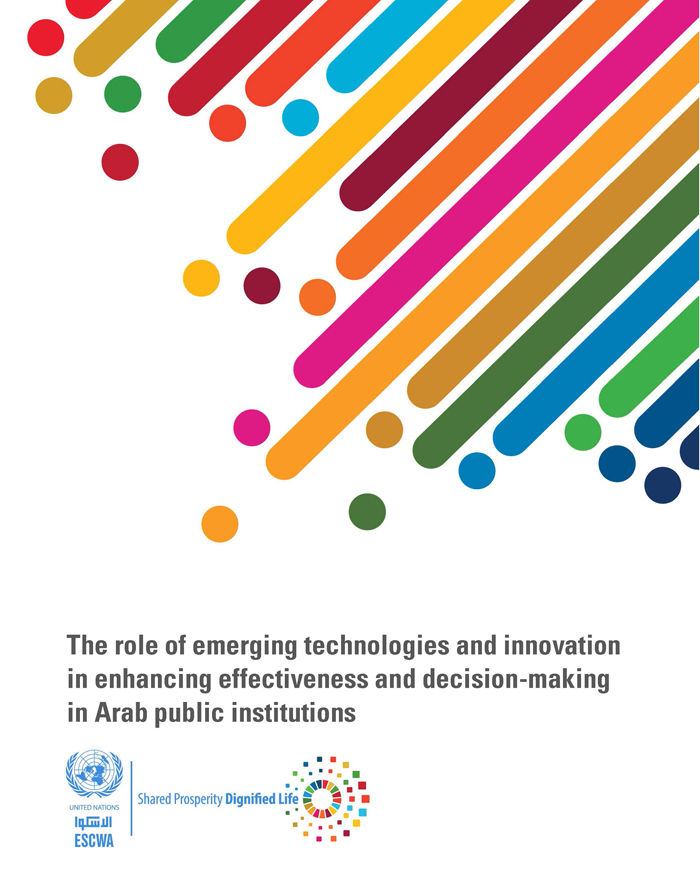
ESCWA Publication: E/ESCWA/CL3.SEP/2023/Guide.1
Country: Global
Publication Type: Information material
Cluster: Shared Economic Prosperity
Focus Area: Technology & innovation, Trade & regional connectivity
Initiatives: Blockchain for international trade
SDGs: Goal 2: Zero Hunger, Goal 8: Decent Work and Economic Growth, Goal 9: Industry, Innovation and Infrastructure, Goal 10: Reduced Inequalities, Goal 16: Peace, Justice and Strong Institutions, Goal 17: Partnerships for the Goals
Keywords: Trade facilitation, Databases, Standards, Rules and regulations, Trade data interchange, Technological innovations, Project implementation, Technical aspects, Public administration, Guidelines, Stakeholder engagement
Blockchain for trade facilitation: A user implementation guide for Governments
August 2023
The implementation of blockchain technology for the purpose of facilitating international trade is a major initiative. It could simplify the administrative and procedural functions of public trade agencies, improve traders’ experiences and bring noticeable efficiency gains in governments’ trade processes. However, implementation requires careful planning, design and deployment to meet multiple stakeholder needs, specific use-case requirements, international best practices and compliance standards; to ensure interoperability with existing legacy systems; and to allow for future technical reforms of the trade infrastructure.
The present guide is a multi-stakeholder document for governments who have an interest in developing blockchain-based systems of their own for trade facilitation purposes. The guide sets out key technical, policy and regulatory steps for implementing the technology. It outlines the practical steps of the implementation process; discusses planning and design, testing, and forward and backward integration frameworks; and presents a technical work breakdown structure that meets international standards. It also presents sample use-cases, key implementation considerations and common challenges faced by blockchain implementing bodies.
Related content
Technology & innovation
, Trade & regional connectivity
,
The implementation of blockchain technology for the purpose of facilitating international trade is a major initiative. It could simplify the administrative and procedural functions of public trade agencies, improve traders’ experiences and bring noticeable efficiency gains in governments’ trade processes. However, implementation requires careful planning, design and deployment to meet multiple stakeholder needs, specific use-case requirements, international best practices and compliance standards; to ensure interoperability with existing legacy systems; and to allow for future technical reforms of the trade infrastructure.
The present guide is a multi-stakeholder document for governments who have an interest in developing blockchain-based systems of their own for trade facilitation purposes. The guide sets out key technical, policy and regulatory steps for implementing the technology. It outlines the practical steps of the implementation process; discusses planning and design, testing, and forward and backward integration frameworks; and presents a technical work breakdown structure that meets international standards. It also presents sample use-cases, key implementation considerations and common challenges faced by blockchain implementing bodies.



